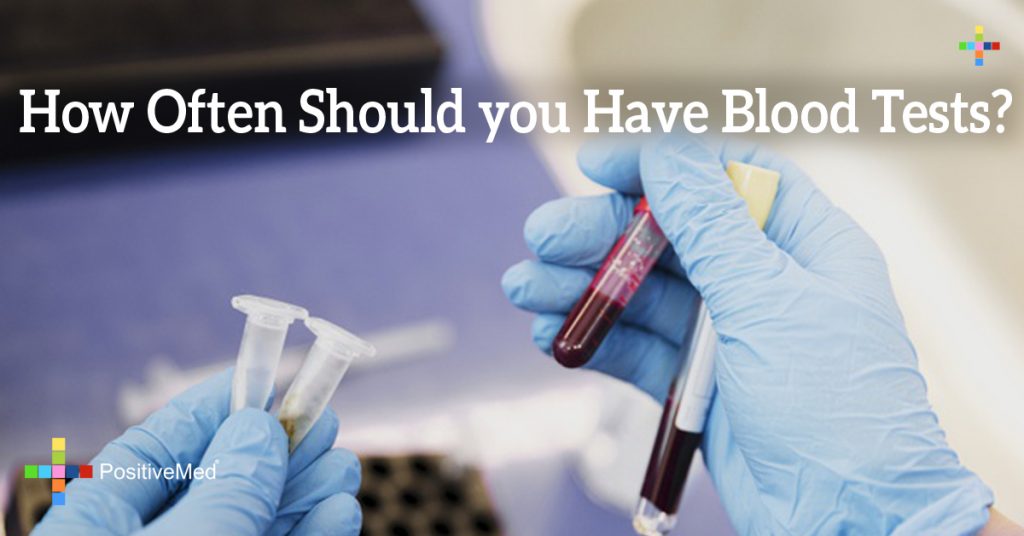
How Often Should you Have Blood Tests?
A laboratory analysis performed on a blood sample which is extracted using a needle from a vein in the arm or via finger prick is known as a blood test or blood work. Physiological and biochemical states such as disease, mineral content, drug effectiveness, and organ function can be determined through blood tests. Most blood tests are carried out under the supervision of a nurse or in some cases a doctor at your GP surgery or a local hospital.
Doctors can check for certain diseases and conditions with the help of blood tests. The function of your organs can be checked through blood tests and it can also be determined how well treatments are working.

Blood tests specifically help doctors in the following ways:
• Evaluate how well the different organs of body are functioning such as kidneys, liver, and/or heart
• Diseases and conditions such as cancer, HIV/AIDS, diabetes, anemia, lupus, and coronary heart disease can be diagnosed by blood tests
• Blood tests can help determine if you have any risk factors for heart disease
• It’s helpful to determine if a medicine you are taking is working or not
• Assessing how well your blood is clotting
Many people worry about how to keep themselves healthy or what extra can they do to make their life healthy. Annual blood testing can be the most important first step that one can take who has this question in their mind, aging adults especially will benefit from it as it can provide early detection for many life-threatening diseases. Critical changes in your body can be captured by blood tests before they manifest. Getting the proper blood tests done in a regular manner (annually) can empower you to enact a disease prevention program that will not only increase your life but increase the quality of life that you live.

Often blood tests are ignored during the annual medical check-ups and even if the physician orders a blood test it’s just the routine one. Many times this blood work does not test for important markers of disease risk. Disability and death can be the consequences of failing to analyze blood for proven markers for disease risk.
Disease prevention is not the only benefit that one can get from blood tests, the benefits are much more than this. For example, you can enhance your quality of life by monitoring your levels of $e* hormones, by correcting a depressive mental state, or by improving your memory and energy levels.
The four main blood types are A, B, AB or O, most people have one of these four. The blood type test is carried out to determine the type of blood a person has. This is important because when an ABO blood transfusion is being carried out the antigens in the blood being transfused should be the same as that of the patient, this is also known as compatible blood. If the antigens are different the patient cannot get the blood transfused.
While blood testing is an important step one can take towards leading a healthy life, one should also keep in mind that many diseases and medical problems cannot be diagnosed by blood tests alone. Other factors may be considered by your physician to confirm a diagnosis. These factors may be your signs and symptoms, your medical history, and results from other tests and procedures.





